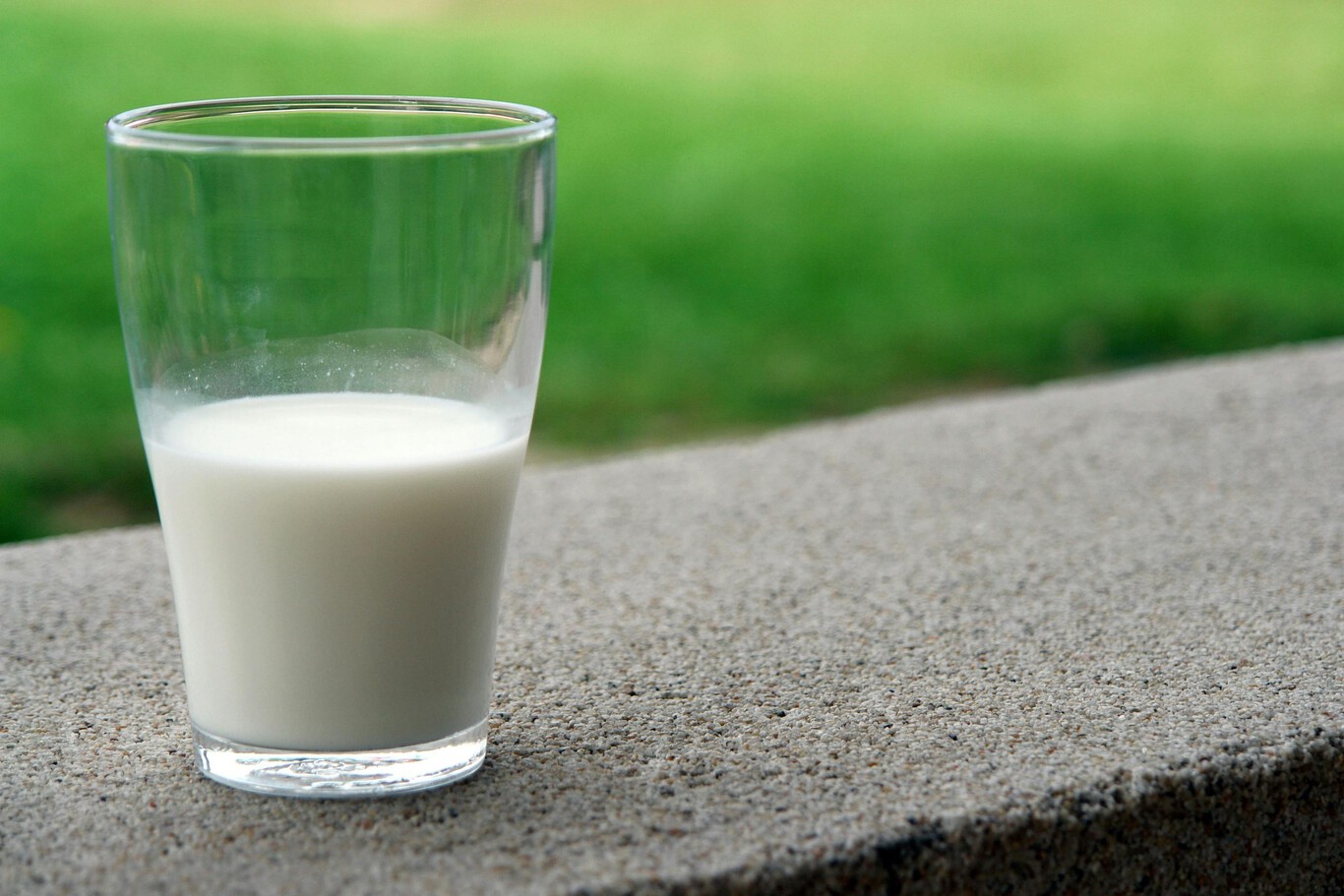There are several plant-based alternatives to conventional milk on the market. These products are not only an option for vegans or lactose-intolerant people, they are also appreciated by those who simply want to try new flavours. However, a team studied the nutritional properties of some of these products and observed that their nutritional value is lower than that of cow’s milk.
The key to this difference lies in a chemical reaction known as the Maillard reaction. This usually occurs when some foods are heated. In addition to affecting the taste and color, this reaction reduces the nutrients in these products. In the case of plant-based “milk,” the process it undergoes to mimic the texture and taste of cow’s milk may explain its nutritional quality.
The dairy product study
According to Science Alert, the researchers decided to compare two types of cow’s milk with 10 plant-based alternatives to conventional milk (plant-based milk, orPBM). They examined the effects of ultra-pasteurization (UHT) treatments on the nutritional quality of these products, which consist of subjecting food to temperatures above 140 degrees Celsius to sterilize its contents.
By quantifying the amount of protein present in the 12 drinks. In the case of cow’s milk, both types had a proportion of 3.4 grams of protein per liter, while of the 10 alternative drinks only two exceeded this amount. The rest contained between 1.4 and 1.1 grams per liter. That was not all, as they also observed that the amount of essential amino acids was lower in plant-based drinks. In contrast, the amount of sugar in seven plant-based milks was higher than in cow’s milk.

The study published in Food Research International points out that the presence of Maillard reactions in plant-based milks, such as acrylamides, is minimal and not alarming. According to the scientists, these are likely to have originated in the process prior to roasting the almonds and oats. Despite this, the team points out that plant-based milks are still a valid option for consumption.
The need for informed consumption
The authors of the study assure that it is not intended to raise alarm about the consumption of plant-based drinks. After all, their preference over cow’s milk depends on other factors such as lactose intolerance or environmental convictions. However, they emphasized the need for labeling that specifies the nutrient content of these products.
In fact, in 2019, following a study of 22 plant-based drinks in Mexico, the Federal Consumer Protection Agency emphasised the importance of reviewing the labelling of these products to find out their nutritional information. It also called for consideration of the fact that, in general, these drinks are more expensive than cow’s milk.
It should be noted that this is not the first warning. In 2016, Profeco warned that these drinks are not only less nutritious. In addition, many of them bear the word “milk” on their packaging. On that occasion, the agency urged consumers not to be swayed by advertising alone and to make an informed purchase.









